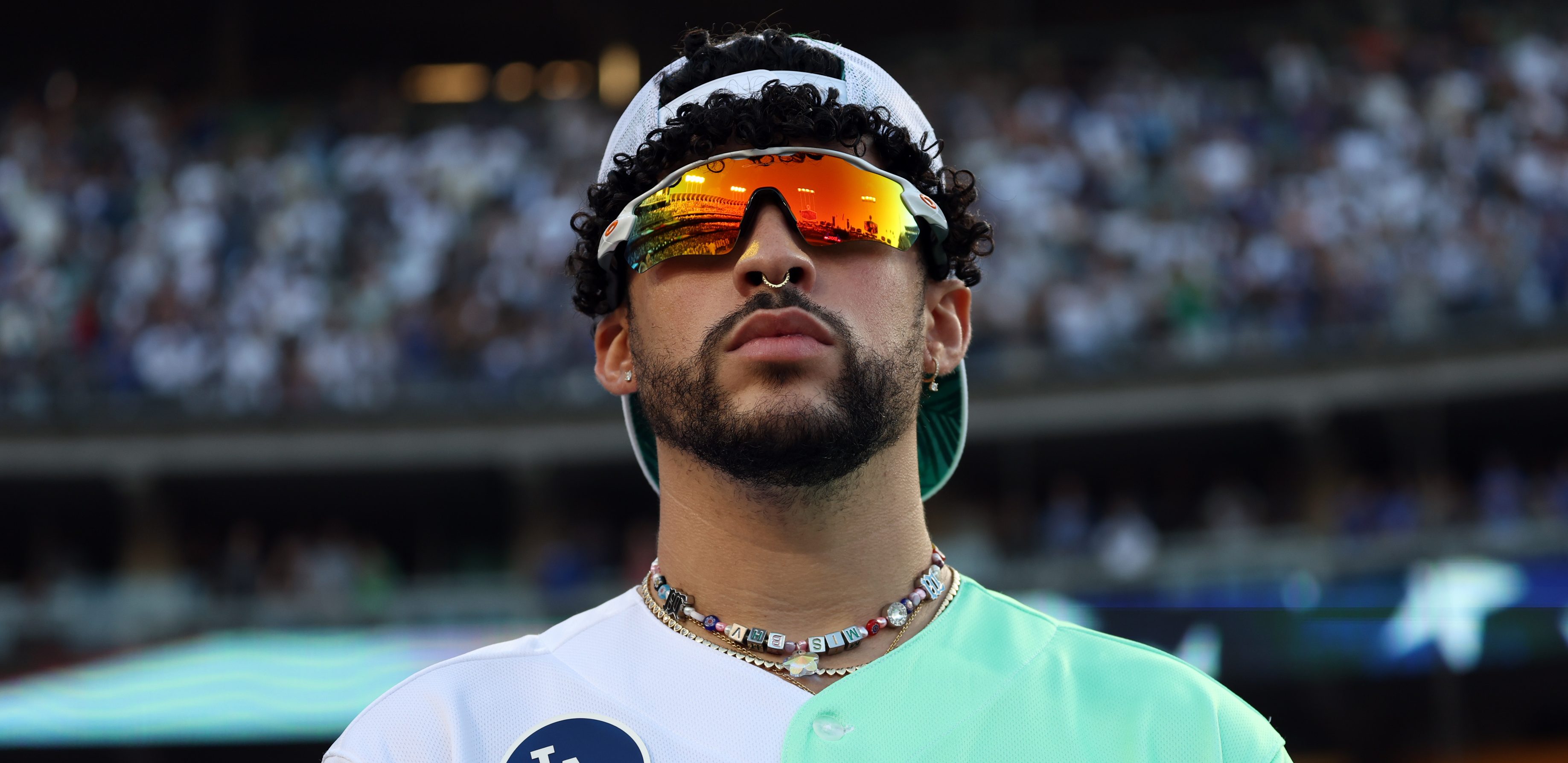
It's hard to give up what you've got.
For baseball teams, players have been part of the organization for years. Teams had enough faith in guys to draft them and then spent years watching them develop, with the hopes that those guys would end up being the ones to raise a World Series trophy.
And those guys still get traded.
The rebuilding White Sox are moving toward the eventual phase of their rebuild where they'll have to add what general manager Rick Hahn calls "finishing pieces" from outside the organization, the player or players who will take the South Siders from what's planned to be a good young team stocked with homegrown talent to a championship contender.
Because of the flexibility this rebuilding franchise has created for itself, that could come at any time in a number of different ways. But fans and observers are looking toward free agency, be it this offseason or next offseason, as the method in which the White Sox would be best equipped to do that. Maybe some folks don't want to see Hahn deal away some of the organization's prospects, which have gained a tremendous following in Chicago. Maybe some folks see it as the quickest way to add a player. Maybe some folks look at the White Sox payroll and see the opportunity to take on salary.
But flip on this fall's postseason, and you'll see that free agency isn't always the most important route.
The results of trades are dominating these playoffs, with some of the most important players on the teams still chasing a World Series title arriving on their current squads via high-profile swaps that sent top prospects the other way: Christian Yelich in Milwaukee, Justin Verlander and Gerrit Cole in Houston, Chris Sale in Boston, Manny Machado in Los Angeles, Giancarlo Stanton in New York.
MLB
Not all those trades were the same — and it's a credit to Hahn and his front office that the one with the most costly return package was the deal that sent Sale from the South Side to Beantown — but they embodied the eventual bridge a team must cross on its journey from rebuilding to chasing championships. And for the most part, they all worked. But that didn't mean the prices weren't high at the time.
The Brewers gave up their top prospect in the Yelich trade. The Dodgers gave up one of their highest-rated minor leaguers in the Machado deal. The three guys the Astros sent to the Tigers for Verlander now rank in the top 12 prospects in that farm system. Three of the four guys they sent to the Pirates for Cole are already in the majors. And White Sox fans of course know what the Red Sox gave up to get Sale.
Heck, even a ghost of a similar trade past is on display this fall. The Cubs traded for Aroldis Chapman in 2016 and won the World Series. They traded away Gleyber Torres, now a Yankee (as is Chapman, again).
So will the White Sox have to do that one day if they want to win the World Series? They maybe won't have to. But they might want to.
The good news for the White Sox in almost every decision they face is that they have created for themselves an incredible amount of flexibility. The rebuilding process in general affords them some, as they weren't expected to contend in 2017 or 2018 and they likely won't be expected to do so in 2019, either. They have no long-term commitments to older players, with even the not-that-old Jose Abreu and Avisail Garcia set to come off the books at the end of next season, if the team decides they don't want them to be part of the long-term future.
And they have so many prospects that they can one day, perhaps, trade a few away for a proven star.
That day still seems a long ways off. Would adding a player even the caliber of those discussed to this point make the White Sox a playoff contender right now? That it's not a slam dunk of an answer is the point. There's still time needed for this rebuilding process to progress, for the White Sox to figure out what they have and what they don't, for them to discover which prospects are surefire long-term pieces and which they would be willing to relinquish in a potential trade for a star that could get them over the hump.
In the best-case scenario, the White Sox would be able to fill every slot on a championship roster with a homegrown talent. But that's just not how these things work. Even the Astros, an overwhelming rebuilding success story, needed to go outside the organization for the majority of their starting rotation. The Cubs, a rebuilding success story, as well, at this point have only a few important homegrown players after spending so much in free agency and trades over the past several years.
So even if things go mostly according to plan — and there's a homegrown core of Eloy Jimenez, Luis Robert, Michael Kopech, Carlos Rodon, Dylan Cease, Yoan Moncada and Nick Madrigal — the White Sox will still need to add those "finishing pieces."
Free agency is speedy, splashy and "only" costs money. But the White Sox have the prospect depth to pull off the kind of trade that's made this year's playoff teams championship contenders. Down the road, they could vault themselves to that status with a big deal of their own.


